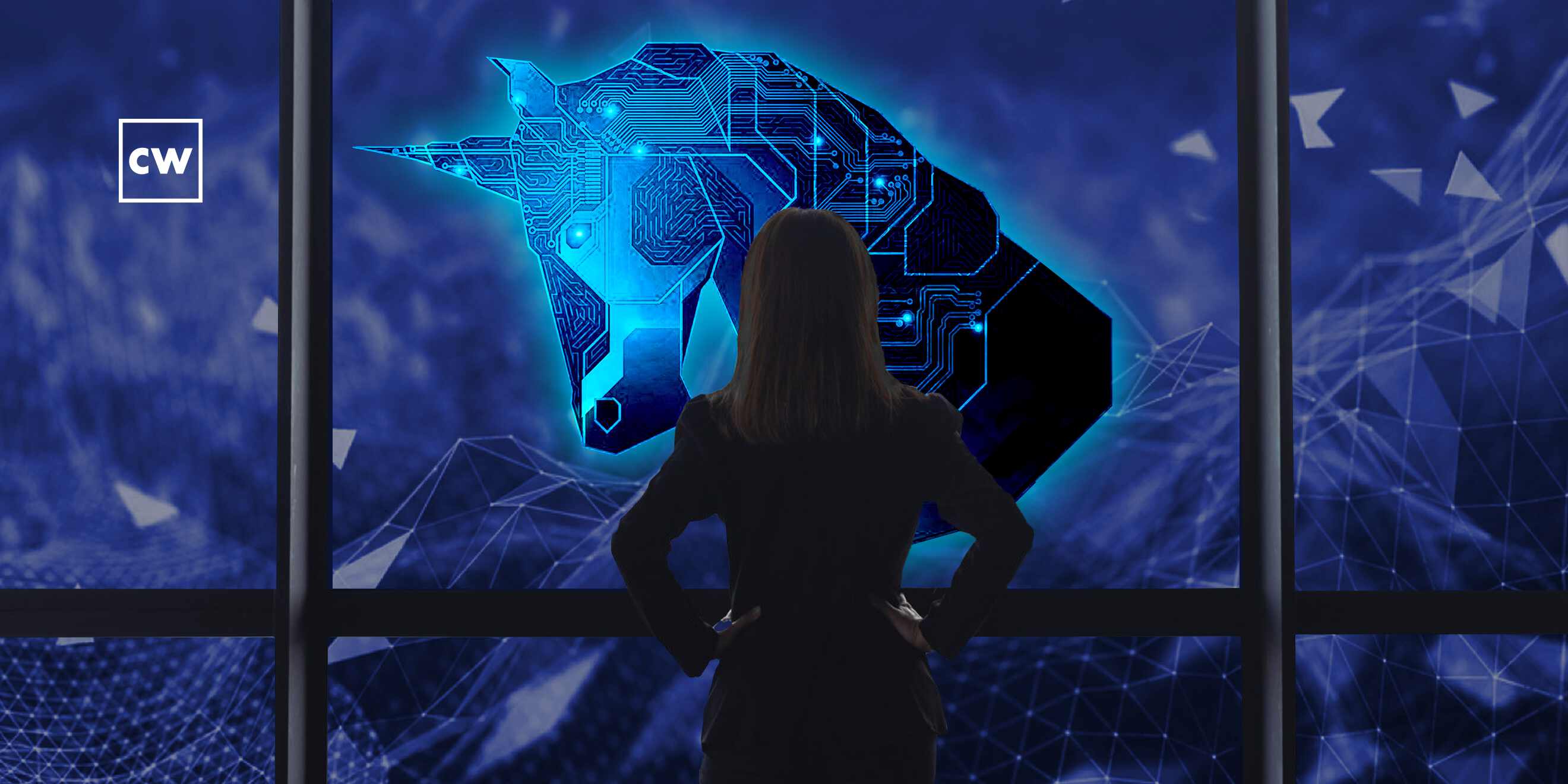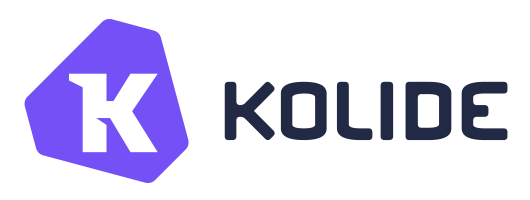
Anna Belak: Acquiring skills to make you into a unicorn. [Thought Leadership]
Anna Belak: Hello, my name is Anna Belak and I am the Director of Thought Leadership at Sysdig, a cloud and container security company.
Anna Belak: I was convinced when I was a kid that I wanted to be a mathematician and now that I'm an adult, I think you should be highly suspicious of kids that tell you they want to be mathematicians, or brain surgeons, or software engineers, because kids don't wanna do that. Kids wanna be dinosaurs and firefighters and candy store owners and so the ones that say they wanna be mathematicians are coached. I was coached by my nerdy parents and I was convinced I wanted to be a mathematician.
Anna Belak: So I kind of followed it through because it wasn't bad, right? I enjoyed the classes, I enjoyed activities that involved math and science and discovering sort of the world in this way, but the moment when I really had to think about it was when I actually was choosing a major for college and I really wanted to study psychology as it turned out but, basically I decided to study physics instead and the logic there was that, well, by this point I realized that math is a little too abstract for me and I would like something a little more tangible and practical and so physics was the choice because I figured that psychology was not gonna be a good career trajectory in terms of being employable. So I was like, well, let's just do the physics thing.
Anna Belak: So physics is hard, uh, as it turns out and actually, I knew this going in and I told myself the story that even if I hated physics and it wasn't the right choice that if I could do physics, then I could do anything. So I actually discovered probably by junior year that I didn't really like physics all that much not because it's not beautiful, and amazing, and fantastic, but because I didn't really see myself enjoying that long term as a career, or honestly the classes were really hard and painful. So I suffered through and I graduated and I finished my bachelor's degree and then I decided I would go to graduate school and as I was deciding that, it occurred to me that actually physics was still a little abstract for me. So I majored in material science and engineering for my graduate degree, thinking that I would keep creeping toward greater and greater applied sciences and pragmatism and maybe I would find my center eventually.
Anna Belak: After six years of PhD-ing, I realized that even in a really interesting field, like solar energy there's a lot of just doing the same thing every day, like you perform the same experiment every day in the lab, and it's a little bit soul crushing actually. If you're not deeply passionate about the process, it mostly just hurts after a while. So I just decided I wasn't really cut out to be a professor or an academic of any kind and that I would have to do something else and I don't know if it's fortunate or unfortunate that it took me until I was 28 to figure that out, but that's how long it took.
Anna Belak: I would've probably been a lot more miserable if I didn't have the type of personality that enjoys challenges. So, I kind of feel like I made it through all of that fairly difficult I would say schooling, not because I loved physics or I needed to be a mathematician or any of that, but because I just enjoyed being challenged and it almost didn't matter on what front.
Anna Belak: For a brief period, I worked for a company that was doing actually solar related things, but more on the consulting and finance side, which was kind of interesting. That didn't last, so I decided to move on and what happened was fairly unlikely and that I got a callback from Gartner, which is a large analyst firm that does all kinds of information technology, and now actually broader research and advisory and I actually didn't know what they were. I'd heard about them from somebody in my network and they were like, just apply, they hire smart people. So I did, and they interviewed me, which is wild because normally they interview people that are very, very senior and have had a long illustrious IT career and I was not that.
Anna Belak: I was ultimately there for six years, which was fantastic. It's an incredibly cool job. In some sense, it's fairly similar to academia in that your mission is to help people, like you are supposed to educate people on what the best way to do certain things is and you'll learn that by talking to the best in the industry, you talk to startup companies to establish companies. You talk to, end users who are accomplishing all kinds of fantastic technical things or going through fantastic technical struggles and you aggregate all the information into what Gartner and many others call thought leadership, which is basically, a view of how the world should be or what the best way to do things ought to be. The only downside to Gartner is that people like me who have little patience, tend to get bored quickly. I worked for two separate teams, the first team I worked on was focused on infrastructure agility, so DevOps, DevSecOps, Containers, Kubernetes, and the second team I worked on was focused on security. But after three years of each, I just felt this itch to actually get into what I call the real world, because as awesome as Gartner is for the breadth of experience that you get to see, you are still very much removed you're abstracted from the reality of it all, you're not in it. You're just kind of watching it from a distance and I want it to be in it. So, basically took the chance and I went to a company that does both security and containers, and that's how I ended up at Sysdig.
Anna Belak: I have a pretty unusual role actually, I spend a lot of time with marketing and product. My primary mission is actually to create and deliver content. So I write blogs, I create white papers, I speak at conferences or on podcasts. I work for a vendor obviously, but my job isn't to market the vendor, it's to try to explain what's going on in the industry, how it's evolving, what are people struggling with, and what are kind of the strategies they can employ to succeed at overcoming those challenges and hopefully how ultimately our product and company can help them.
Anna Belak: It's particularly interesting, cuz the market is very rapidly evolving. This is a cloud security market specifically and so the things that were needed yesterday, right? Or the things that were considered normal yesterday may be completely different next week. So that's the most exciting part, like my job is just to try to keep up and to help both my company create a great product and also to help the potential users of our product, or just folks who are, you know, stumbling upon our blogs to understand what's going on and do their best.
Anna Belak: Don't limit yourself and your career opportunities by focusing too much on things like whatever degree you got or whatever your current title is, or even what industry you're in, right? So I was a physicist essentially, that was gonna be a professor and I just decided one day that I didn't feel like it anymore and now I'm a cybersecurity expert, right? So if you got a degree in something that maybe is not as easy to employ, or maybe you just decided you don't like it anymore. Don't worry about that. Think about what skills you actually have and what skills you might need to succeed in some other role that isn't the one you're in right now.
Anna Belak: The second piece, is related, but it's about figuring out which skills you actually could acquire, or might be missing, or could improve that would make you into, I'm gonna say unicorn, even though it's a little cliche. The point I'm making is that you could be a really great engineer and you can make a lot of money and you can be super successful. If you're a great engineer and a great communicator that is invaluable. Like those people are super rare and if you can teach yourself as a great engineer to be a great communicator, you become that much more valuable to literally anybody actually to the industry.
Anna Belak: Ultimately I think any role you have along the way, it's almost more important who you meet and how you make an impression on those people than what you actually did there and so what happens is once you have met a bunch of people that you enjoyed working with, you never really want to let them go . So I hope maybe that the most impactful thing about me in any company is that people want to work with me even after I've left.
